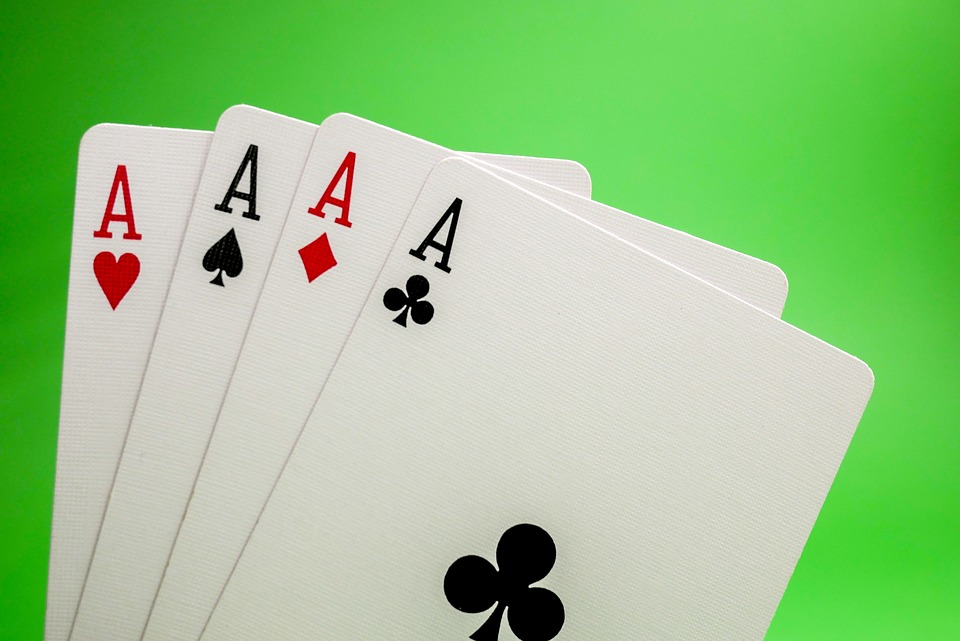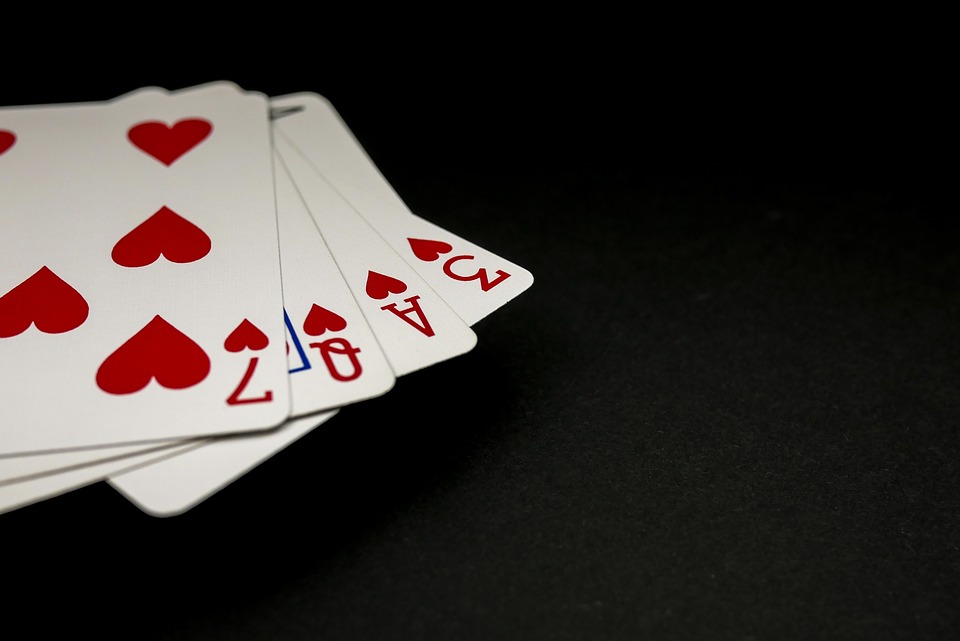
Poker is a challenging game since this game entails a lot of strategies. Few of these possibilities are typically considered better. But as players’ understanding of the game grows, some plays previously perceived as absolute no-nos become viable options. The donk bet is a fantastic illustration of this.
It is customary to nearly always check on the pre-flop aggressor and allow them to continue betting or check behind in poker tournament games like Hold’em. However, the defending player sometimes bets on the aggressor when the flop is out. This move is known as the donk bet.
In this article, we will learn more about donk bets: why it’s frowned upon, how to deal with them, and when is the right time to make this move.

What Is the Problem With Donk Bets?
Poker is, first and foremost, a game of knowledge. It is better to acquire more knowledge. This is why you should typically check to them if you’re defending against a button open from the large blind and the flop comes.
You can deduce some things about your opponent’s hand strength based on whether they choose to check or c-bet. You deprive them of this chance when you donk bet. Instead, you tell them about your hand and let them adjust as necessary.
Given these facts, it is easy to understand how the donk bet came to be known by that name. The majority of the time, it was done by players who preferred to bet themselves because they didn’t know how to deal with c-bets or how to deal with their hands.
Donk betting doesn’t make much sense when applied for these causes because it enables your adversaries to play nearly flawlessly against you.

How to Deal With Donk Bets?
Nowadays, donk bets are less frequent in online poker tournaments than in live games. It’s crucial to exercise caution when you’re up against a donk bet and figure out what sort of hands your opponent is betting with.
Most players that consistently donk bet do so because they lack poker skills rather than as a part of a well-balanced poker tournament strategy. This can work to your benefit. In most cases, you should just let your hand go if you missed the board and are confronting a donk bet on mid to low-connected boards. The other player will have many more strong hands than bluffs, and many of their bluffs may still have a significant equity advantage over you.
Although most weak opponents won’t want to donk wager their strongest hands, like sets or two pairs, remember that this is precisely why their range will be uneven.
A donk bet typically refers to a single pair with a gutshot straight draw, flush draw with an overcard, etc.
A large raise can be quite effective against all of these hands since they cannot withstand the pressure of having to deal with you having a powerful hand. Even if they continue playing, they will do so despite the odds, thus ultimately, you have the upper hand.
Making a large raise on boards with flush or straight draws with overcards can be rewarding. Yet board texture will be a key determining factor in your choice.
When you make a sizable raise on a 9-high board, the donk bettor will be forced to fold even good hands like a top pair with a weak kicker. As long as you remain quiet and never let the opponents know you are bluffing them, you can effectively exploit the players that frequently donk bet their mediocre hands on the flop.

When Is Donk Betting Acceptable?
The best approach is never to donk bet in poker, but there are situations in which you can try this move.
As Exploitative Move
Most players dislike being donked into. They frequently fold or call or raise in retaliation. This can work to your benefit.
You should donk bluff to grab the pot if you believe your opponent constantly folds to donk bets. It is worthwhile to donk with value hands if you believe your opponent constantly raises donk bets.
Also, it makes sense to value donk to put money in the pot if your adversary is a passive calling station who is highly improbable to place a c-bet but call with anything.
When Range Advantage on the Flop
According to the concepts of range and range advantage, some board textures are in the defending player’s favor.
Donk betting is used when calling a raise from the big blind in situations where you have a significant advantage over the player who is in position.
Boards with few and average cards that allow for various two-pair and set combinations make effective donk betting materials.
If given a chance, a good player will check behind and attempt to catch up on the turn since they know that a particular texture benefits your range. Donk betting takes away their chance to win.
In Multi-pots
In a multi-way pot, value donking is not nearly as damaging as it is in heads-up. This is due to the increased likelihood that you will be called upon or raised if someone has created a hand.
Giving away a free card in a multi-way pot is also significantly worse because it increases the likelihood that at least one of your opponents’ hands will get better. Additionally, because it is less likely to be successful against more opponents, the preceding street’s aggressor is far less likely to c-bet if they have nothing.
This means it makes sense to donk when you have a powerful hand. However, you shouldn’t overdo it as this strategy also carries a lot of dangers.
Conclusion
Donk bet in live poker tournaments or online is always a sign of weakness. It is not a common play that professionals use. You can use this tactic in some situations, but you’ll need to be very cautious because it is a risky game. Your best approach is to avoid it; instead, exploit players who try to use this strategy without considering specific situations.
 Skip to content
Skip to content





